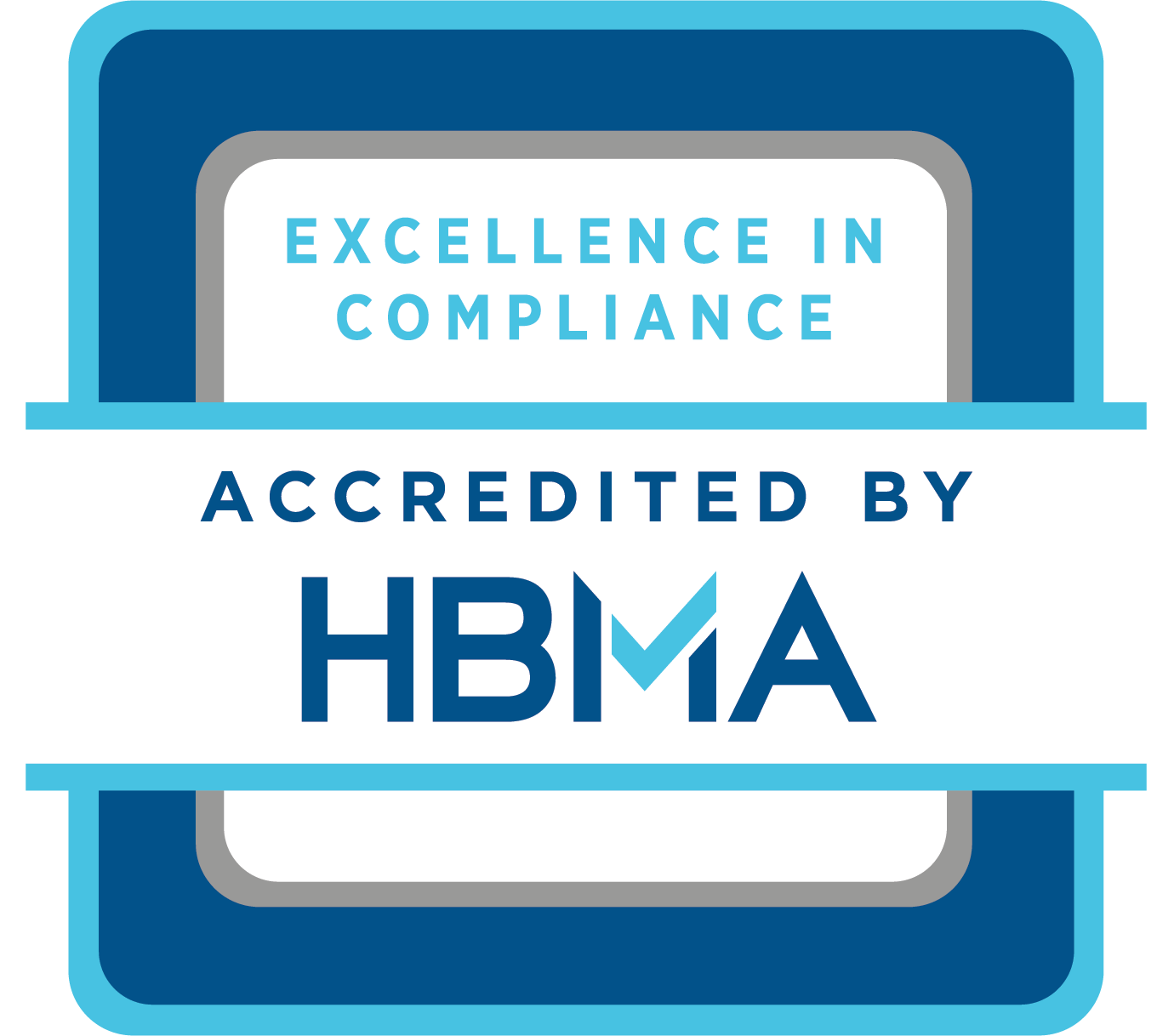NEWS
Congress Passes Temporary Medicare Fix, Confusion Continues
June 25, 2010
By Dennis Allen
Last night, the House passed H.R 3962, which will fix the Sustainable Growth Rate (SGR) for the next 6 months. The bill is being sent to the President for his signature, which is expected. The bill will rescind the 21.3% reduction retroactively to June 1. Also, the Medicare Conversion Factor will be increased by 2.2%. That’s the good news.
The bad news is twofold:
First, you can expect claims already processed for dates of service of June 1 and later to be paid at the reduced rate. (You may have already received some of those payments.) This is the situation that everyone hoped to avoid. However, Emax will work with Medicare to ensure that those payments will be reprocessed at the correct rate.
Meanwhile, the Centers for Medicare & Medicaid Services (CMS) has directed the Medicare contractors to temporarily hold all claims for services on June 1 or later until the new 2.2% update rates are tested and loaded into the Medicare contractors' claims processing systems. According to a statement from CMS, "We expect to begin processing claims at the new rates no later than July 1, 2010." Claims for services rendered prior to June 1, 2010, which do not reflect the 2.2% increase, will continue to be processed. CMS said that claims containing June, 2010, dates of service that have already been paid at the reduced rates will be reprocessed as soon as possible.
Second, the H.R 3962 bill is good for only six months. If Congress fails to take additional steps between now and November 30, the 2.2% increase will cease on December 1, 2010 and the 21.3% reduction will be restored.
What can healthcare providers do?
While Emax will deal with the reprocessing, there is something that you
can do: Write your senators and congressman, and urge them to support and
enact a permanent SGR solution. Otherwise, we will all continue on the SGR
roller coaster as the SGR reduction deepens each year. By 2012, the SGR
reduction will be about 30%, and by 2016 it is scheduled to be 40%! This
is a non-partisan issue that affects all healthcare providers.


